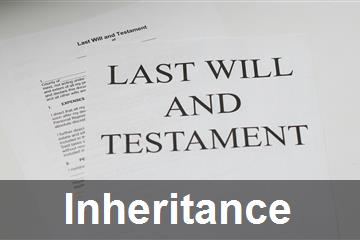
30 set 2024
The new legislative decree simplifies the calculation and payment procedures for inheritance, donation, and registration taxes, effective from January 1, 2025.
Key changes include the introduction of self-assessment for inheritance tax, the ability for heirs under 26 to use estate funds to pay taxes, and the exclusive use of electronic submission for succession declarations.
The decree also addresses family business transfers, trust taxation, and modifications to stamp duty payments.
The recent legislative decree introduces significant simplifications in the procedures for calculating and paying inheritance, donation, and registration taxes, set to take effect from January 1, 2025.
One of the major changes is the introduction of self-assessment for inheritance tax, which will also apply to registration tax.
Taxpayers will need to pay the self-assessed tax within 90 days of filing the declaration.
This self-assessed tax becomes the primary tax, with any adjustments by the tax authorities resulting in a complementary tax, replacing the previous supplementary tax.
For heirs under the age of 26, the decree provides a notable benefit.
They can use funds from the estate held in banks or financial institutions to pay property-related taxes, such as cadastral, mortgage, and stamp duties.
This measure aims to ease the financial burden on younger heirs, allowing immediate access to necessary funds for tax payments.
The decree also mandates that succession declarations be submitted exclusively through electronic means within 12 months of the succession's opening.
The only exception is for non-residents, who may use registered mail.
Additionally, the requirement to include details of property sales made in the last six months and to attach cadastral extracts and certificates for ships and aircraft has been removed.
In terms of family business transfers, the decree stipulates that the transfer of shares and stocks to descendants or spouses will be tax-exempt if it results in acquiring legal control as defined by the Civil Code or if such control already exists.
This tax exemption is contingent on maintaining control for at least five years from the transfer date.
This provision also applies to shares and stocks of companies based in EU, EEA countries, or states with adequate information exchange agreements.
The decree clarifies the timing of trust taxation, stating that taxes are due when assets and rights are transferred to beneficiaries.
However, taxes can also be levied earlier when the trustee files the succession declaration or when assets are placed into the trust, avoiding additional taxes upon the final transfer to beneficiaries.
Lastly, from January 1, 2025, stamp duty payments for documents requiring fixed-term registration will be made via the F24 form, allowing for compensation.
An integrative declaration has also been introduced to correct any errors or omissions in stamp duty payments.
